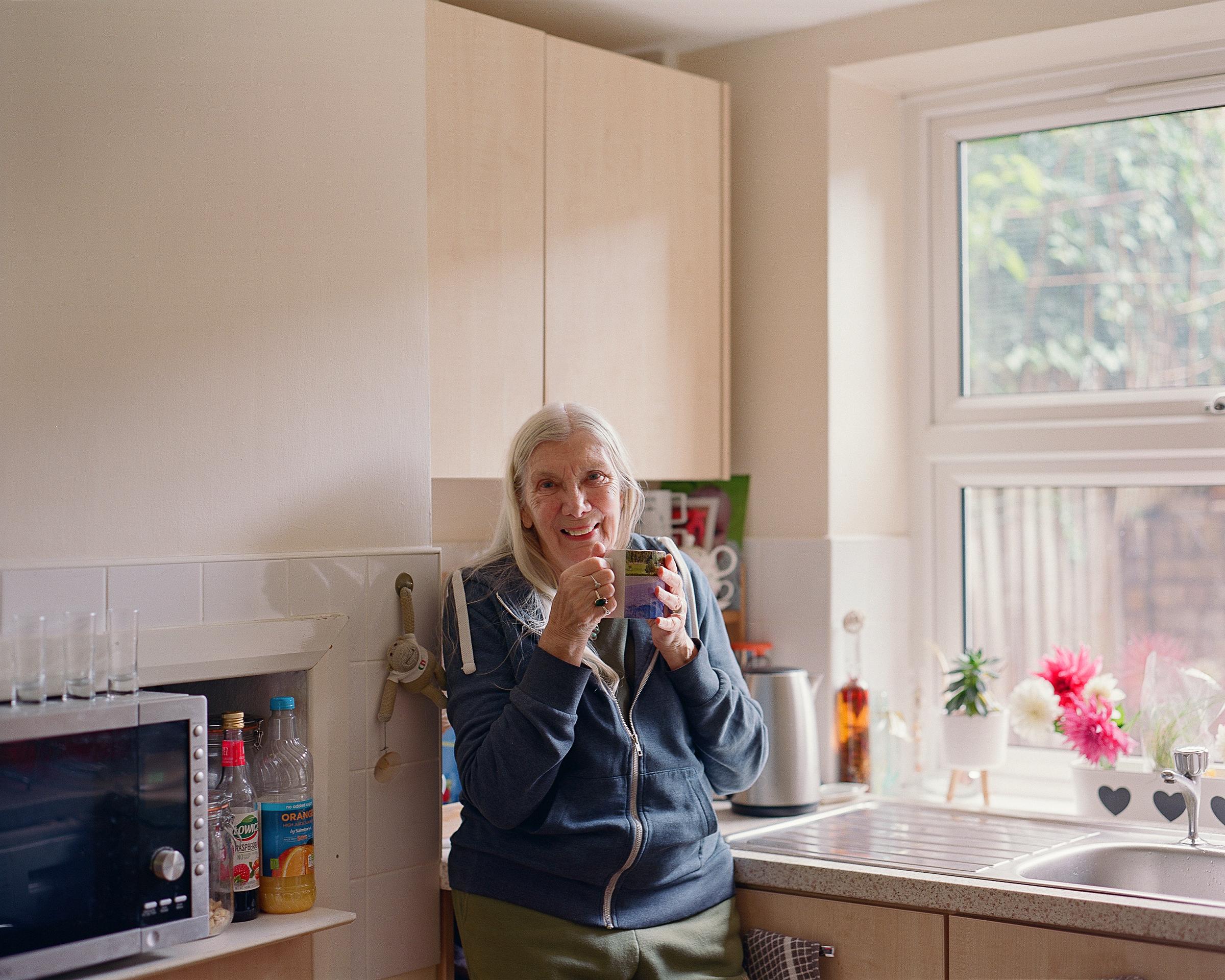Government can provide a housing lifeline in the coming economic storm
We all need a safe, decent, affordable home: this pandemic has underlined just how much. As lockdown eases, new analysis shows there’s no let-up for low-income households struggling to stay afloat, especially those who rent their homes. A public health crisis is morphing into an economic storm.
Across Scotland, new research for JRF has revealed that more than a third of households in Scotland (31%) have reported a drop in their incomes. As with the crisis itself, the impacts are not being felt equally: we’re all in the same storm, but we’re not all in the same boat. We will be exploring the different impacts on regions and households over the summer, but already one particularly striking result emerges when looking through a housing lens.
Nearly half of those living in private rented accommodation have seen their income drop since March 2020 (45%) – a higher proportion than those with a mortgage or those living in social housing. Seven in ten of those who are now worse off are also more likely to be facing extra costs too, largely food and energy bills, which reflects the fact that more people are now at home, for longer. Half of those struggling with a drop in income are borrowing from friends and family, using up savings, or accessing expensive credit to make up the shortfall, but that rises to 58% of private tenants.
More than two in five of all tenants (42%) who’ve lost income tell us they are worried about their ability to pay the rent both now and at the end of the summer - roughly double what it was back in March; seven in ten private renters have reduced their spending, and while we haven’t seen a sharp increase in rent arrears for this group yet (fewer than one in ten at the moment), one in four private renters are starting to fall behind on other bills. There are storm clouds on the horizon as the furlough scheme is unwound: jobs losses are likely to rise, economic recovery may be slow and the financial pressure on renters just isn’t sustainable.
Those who rent their homes entered this crisis with lower levels of savings and less financial headroom, but their ability to reduce their housing costs is limited. Our survey showed one in ten mortgage holders benefitting from a mortgage holiday; while homeowners will have to pay for this, many can manage that over the long-term and swap to a better deal, so it gives them a much-needed lifeline.
Few tenants have approached their landlord to negotiate a rent reduction or arrange more time to pay, although our survey found a small but significant proportion (one in six) had wanted to but weren’t confident they would get a positive hearing. We know that many renters in the private sector, despite welcome temporary increases in the Local Housing Allowance (LHA) and Discretionary Housing Payments, will still face significant gaps over the medium to longer-term between the rent they pay and the support that’s available.
The Scottish Government has indicated it will put in place pre-action protocols in the private sector, matching the social sector, requiring landlords and tenants to discuss a fair re-payment plan for arrears accrued over this time, before any eviction can be considered. They should also extend the current legal protections for tenants (discretion that Tribunals can apply when considering eviction cases) beyond their current expiry in September. If, however, as Scotland’s Chief Economist has estimated, more than a third of jobs may be “exposed” when furlough ends, it will not be possible to simply leave this to landlords and tenants to sort out between them.
We need both the UK and Scottish Governments to act quickly and channel the resources necessary to prevent arrears building up and avoid the spike in evictions and homelessness that could follow in the autumn:
- The UK Government should re-set LHA rates so that they cover median rents, and lift the benefit cap, so that households feel the full benefit.
- The Scottish Government should ensure no evictions can be made into homelessness.
- The Scottish Government should explore urgently with partners a way to create a stronger lifeline for tenants, one that helps them keep their homes and ensures an adequate income to cover the rent.

This comment is part of the housing topic.
Find out more about our work in this area.
